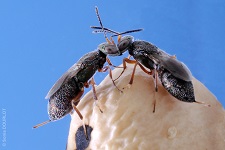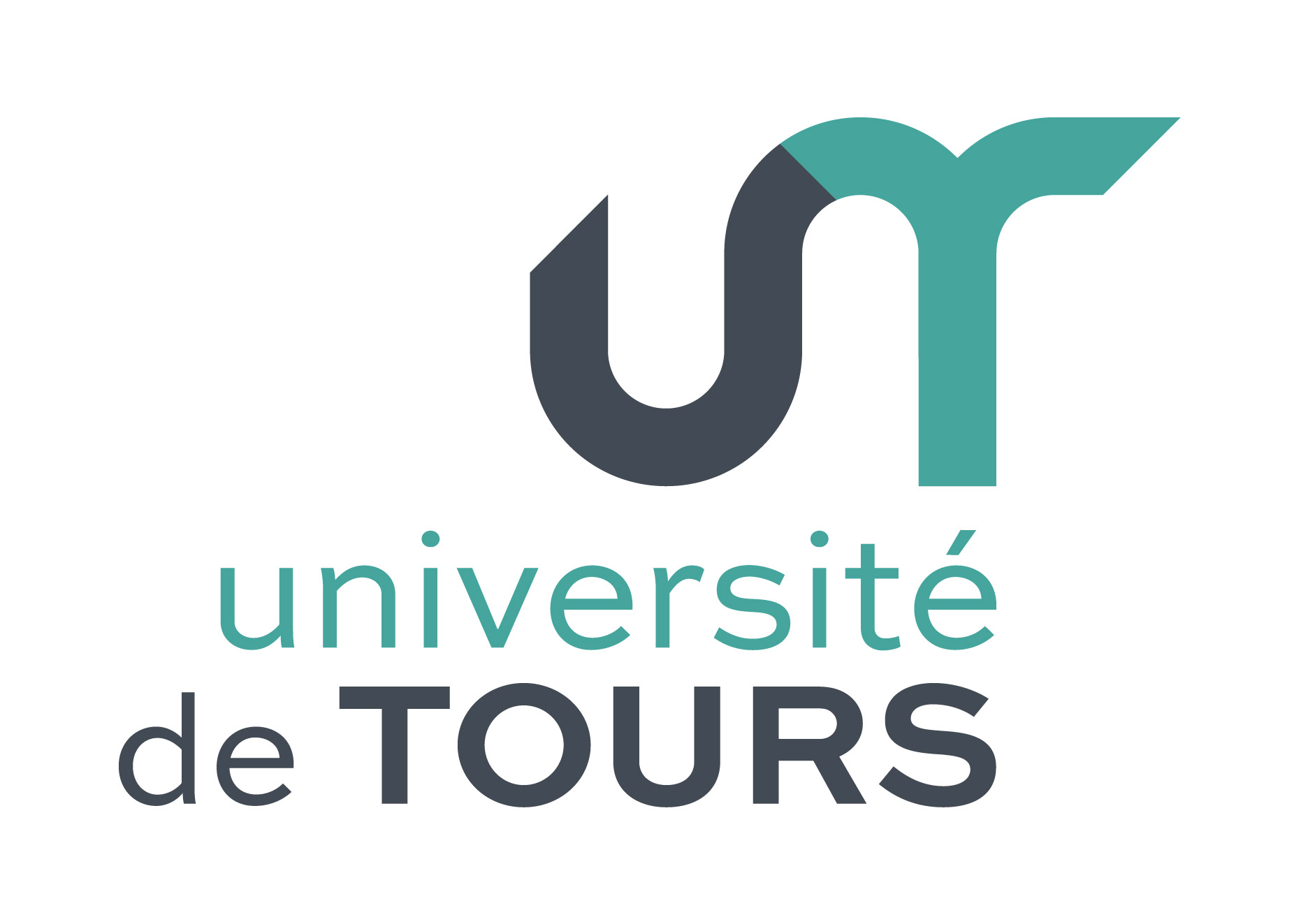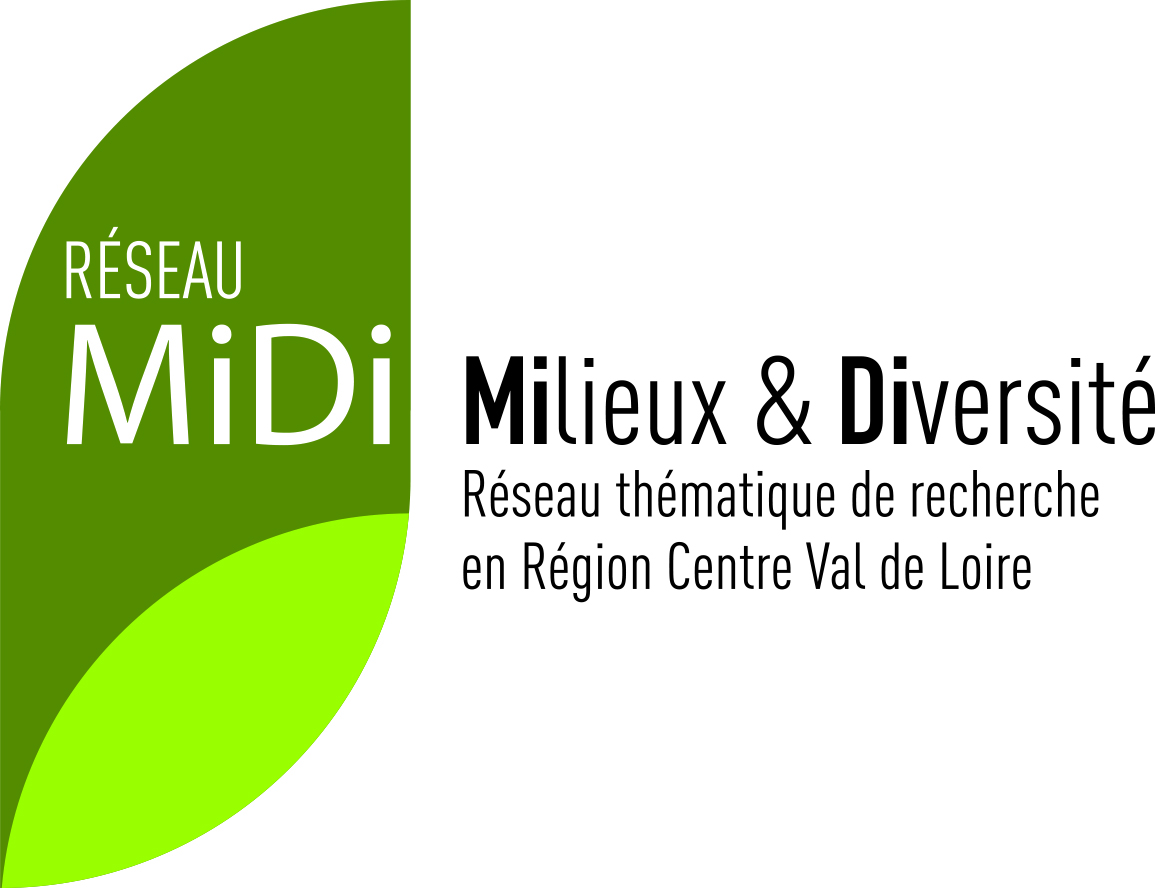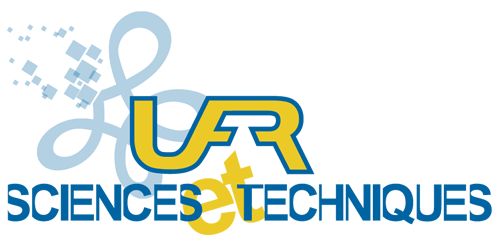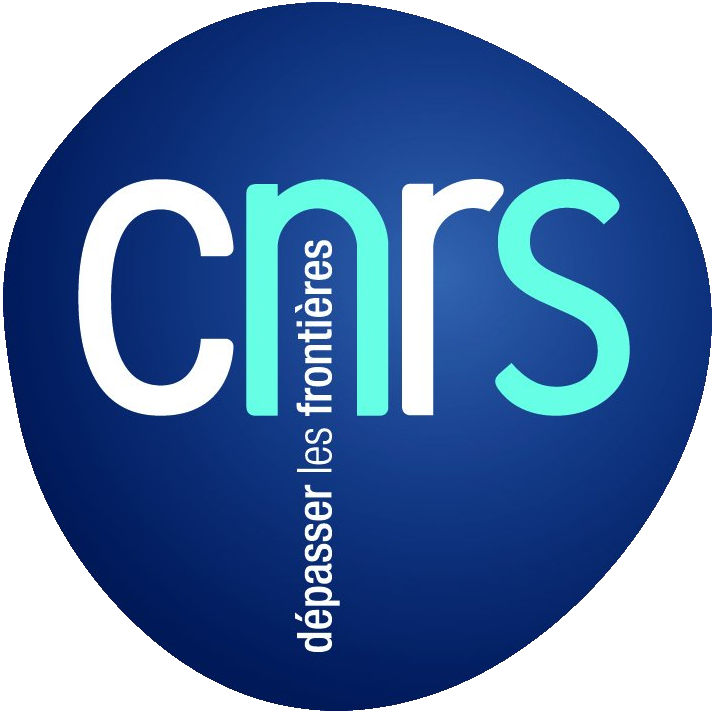|
|
|
|
Welcome to the 1st workshop on Hormones and Behaviors in Arthropods in Tours! The link between hormones and behaviors is largely studied in vertebrates but, much less is known in invertebrates, especially in arthropods. Juvenile hormones and ecdysteroids are the main hormones acting in these organisms. In addition to controlling their development and most physiological functions, they can mediate, synergistically or antagonistically, numerous reproductive, mating, parental care, social and competitive behaviors. Studies on a large number of arthropods are of major interest due to their economic and agronomic impact (e.g. invasive species, crop pests, pollinators) or on human and animal health (e.g. vectors of diseases). Studying and understanding the mechanisms that mediate behavior in these organisms is fundamentally important, especially due to the lack of knowledge compared to vertebrates. Many research groups now work on this topic and face numerous challenges. Studies in arthropods usually focus on the action of one or the other type of hormone but rarely on both. The quantification of tiny amounts of hormones, due to the small size of many economically relevant arthropods, is often difficult. As hormone titers may not always reflect hormone activity, such dosages are coupled with studies on the expression and/or actions of hormone receptors or of genes controlled by these receptors-hormones complexes in target tissues. Alternative techniques can also be used such as hormone manipulation by injection, ingestion or topical application (with or without receptor antagonists) or inhibition of the expression of genes (e.g. RNAi, CRISPR) to study their functions. Molecular data coming from -omics studies (e.g. genomes, transcriptomes, proteomes, metabolomes) are currently being developed in arthropods and will increase our understanding of how hormones control behaviors. Moreover, due to intensive agriculture and anthropisation, certain terrestrial and aquatic arthropods are largely exposed to different xenobiotics, especially many endocrine disruptors, such as pesticides and plastics. The biology and physiology of these ectotherms is also strongly influenced by temperature, hence by the effects of climate change. Exposure to these anthropogenic factors can dramatically affect survival, development, reproduction and all associated behaviors, hence their potential ecosystem services (e.g. pollination, biological control of pest by their natural enemies, etc.). The aim of the conference is therefore to gather scientific experts studying the link between hormones and behaviors in arthropods, but also to some extent in vertebrates, to initiate the development of an international research network on this topic, with a comparative perspective. This conference will stimulate discussions that apply the wealth of conceptual and empirical evidence that has accumulated in vertebrate systems to add dimension to studies of hormone-behavior relationships in arthropods. This collaborative endeavor will allow the identification of possible evolutionary convergence of the hormone functions in these different animal taxa. We anticipate that the conference will result in new collaborations and applications for both the basic and applied sciences. This meeting should also lead to the emergence of a European or international projects on behavioral endocrinology in arthropods, aimed at accelerating research in this area. Organizing committee Marlène Goubault Université François-Rabelais de Tours, France Ryan L Earley University of Alabama, USA Matthieu Keller INRA Nouzilly, France Charlotte Lécureuil Université François-Rabelais de Tours, France Nathalie Mondy Université de Lyon 1, France David Siaussat Université Pierre et Marie Curie – Paris 6, France |
Steps 1- Create your account 2- Register 3- Submit your abstract 4- Pay registration fees Contacts Location University of Tours Parc Grandmont Salle des thèses, Building F Avenue Monge, 37200 Tours (close to the IRBI - Research Institute on Insect Biology)
Presentation Oral Plenary talk: 1h (~30-45min presentation + questions) Standard talk: 20min (~12-15min presentaion + questions) Poster A0 (841mm x 1189mm), vertical, EN
Prices & Modalities Early birds : Extended deadline = 15th of April 2018 One price: 70 € (incl. VAT)
Late Registrations (after the 15th of April 2018) One price: 120 € (incl. VAT)
INCLUDED : Registration fees + Coffee breaks + Lunches ======================================= Gala dinner 45 € ======================================= Submission Abstract should be no longer than 300 words
Financial support ANR JCJC - FERTILIWASP PI : Charlotte Lécureuil (ANR-14-CE21-0004-01) Partners
|
